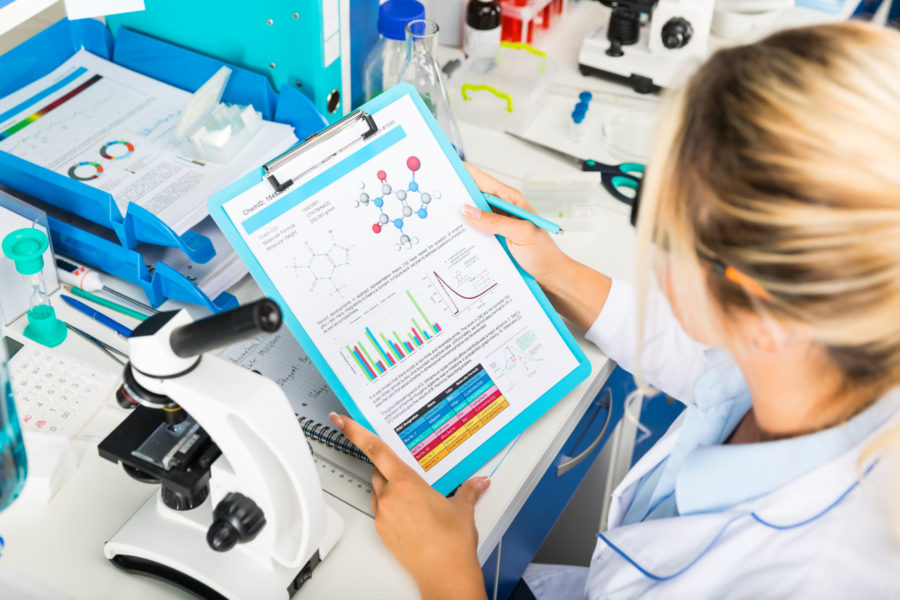


Authors
Sylvie Maubant l Marie Leblanc l Elisabeth Bertrand l Audrey Bertaux l Loïc Morgand l Maxime Ramelet l Marie Lux l Olivier Duchamp l Fabrice Viviani
Abstract
Preclinical and clinical studies have shed light on the beneficial role of bacteria for cancer therapy. Indeed, these studies have demonstrated that these microorganisms have beneficial properties that allow them to selectively colonize tumor and that they could also be considered as predictive drug efficacy biomarkers. Based on these results, bacteria are now used for delivering therapeutic components or for shaping the gut microbiota. Ultimately these approaches lead to the activation of an immune response against the tumor.
Owing to our scientific and technological expertise in manipulating microbes, we propose tailor-made strategies for investigating the efficacy of bacteria-based treatments and/or the effect of therapies on the microbiota both in vitro and in vivo.
Different methods/analyses can be used for culturing, detecting, quantifying, identifying and localizing live bacteria (e.g. counting of CFUs, PMA-qPCR, 16 rRNA gene sequencing, mass spectrometry, bioluminescence) in simple or complex samples (e.g. from culture of single bacterial species to rodent/human stools or other tissues). In addition, a continuum of assays allows us to evaluate the impact of bacteria or derived products directly on tumor and/or immune cells (e.g. immune infiltrate and phenotyping, cytokine/chemokine profiling, tumor burden). We will highlight some results obtained in a cancer context such as the immunostimulatory properties of bacteria or their derivatives, the selective colonization of tumor tissue by bacteria, the benefits in delivery of therapeutic proteins or antigens by bacteria, the impact of tumor engraftment/growth on gut microbiota, the effects of chemotherapeutic agents on intestinal microflora, the consequences of supplementation with bacteria or antibiotics treatment on the response to immune checkpoint inhibitors. Altogether these data demonstrate that bacteria are now allies in the treatment of cancer and that our comprehensive platform is suitable for evaluating both in vitro and in vivo therapeutics developed from bacteria (individuals, consortium or derived products; native or modified). All these technologies can be also applied to develop novel therapeutic strategies for inflammatory and infectious diseases known to increase the risk of cancer development.
